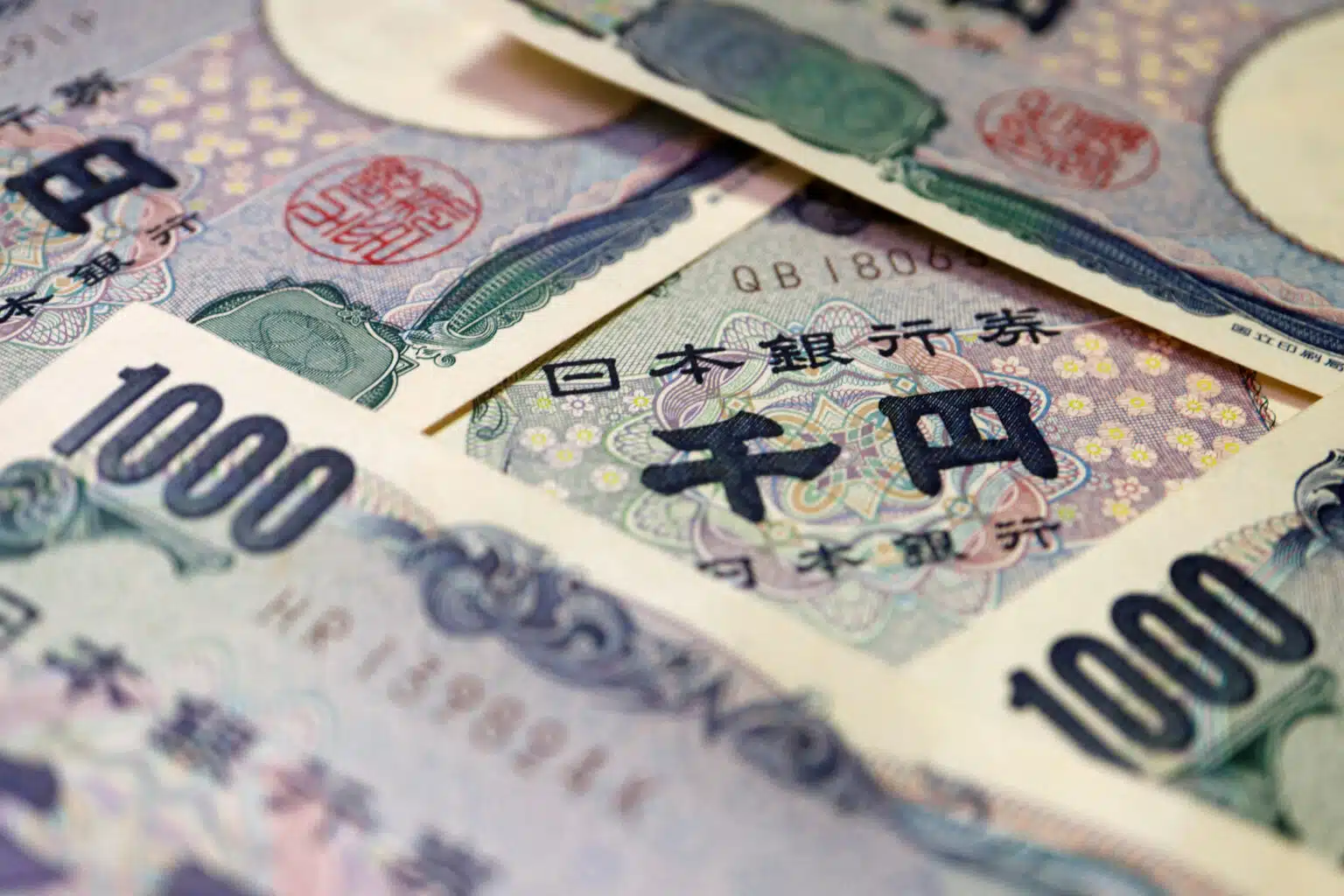The Japanese Yen keeps its stable exchange rate on the eve of the Bank of Japan’s meeting under the new Governor for the country’s upcoming monetary policy.
Japan is seeking to push up its economy amid global recession concerns and regional dangers under the leadership of newly appointed Central Bank Governor, Kazuo Ueda. The Bank of Japan will conduct a meeting this weekend on examining the current situation.
The country’s economic growth expectation for 2024 has been projected to be around 1.8% as per the IMF.

Prime Minister Fumio Kishida’s government will have pressure on the revival of the economy after his predecessor, Yoshihide Suga failed to manage the economic challenges. The Prime Minister will have to balance economic growth with the climate change concerns like nuclear waste treatment, decarbonization and energy security at a time when the world has kept its eyes on Japan as the chair of the Group of Seven this year.
Economic Challenges Faced
Japan was gripped by rising inflation rates due to the Russia-Ukraine War which also led to the slide down of the Japanese Yen to the US Dollar and British Pound past the 150 Japanese Yen mark, for the first time since 1990.
In January 2022, Consumer prices for goods and prices rose to 0.2%, but by November 2022 that figure rose to 3.7%. Japan’s high import dependence on energy and food. The price hikes pushed for mitigation measures. Some of these measures included subsidies for gasoline and cash handouts for low-income households.

Earlier this month, the Kishida government also announced subsidies for electricity and gas bills to contain price inflation as well.
For the current year, It is predicted that commodity prices may slow down due to the scaling down of the 2022 fiscal policies, with a prediction of the inflation rate for 2024 to be at 1.6%
The demand for a pay rise has been more than higher than ever before as The Japanese Trade Union Confederation (Rengo) has set a pay hike target of 5% for the spring wage negotiations, the highest-ever figure in 28 years. Though Japanese Economists disagree with the trade union proposal, however, they have quoted that a 2.5-3% rise would be seen as a positive result.
Labour shortages have become a serious concern for Japanese Companies during the time of the economic recovery which gives the possibility for companies to offer higher wages to fresh university graduates in the hiring season.
Optimism in the Resumption of Tourism
According to a report by the Daiwa Institute of Research, it was revealed that Japanese households saved up to about ¥55 trillion in excess savings as of September 2022. The savings could be used to boost domestic consumption within the country through a travel discount program. The Japanese Think Tank predicted that the Travel Program could contribute about 1.6 trillion Japanese Yen to the economy.

Japan relaxed its strict covid security protocol, with the reopening of borders and the implementation of Visa-Free policies last October leading to a rise in the number of overseas tourists. This could enable more inflow of the currency within the country as well as boost the economic recovery.
Companies are expected to boost up their capital investments as seen in the Bank of Japan’s quarterly report in March, Indicating a rise in planned capital investments by 15.1%.
Current Valuation of the Japanese Yen
On April 27, The Japanese yen was valued at 133.84 per U.S. dollar, a 0.1% hike from the preceding day’s value of 133.46 yen per dollar. Japanese Yen kept its stability throughout the remainder of April, after a significant drop in the exchange rate on April 5, when 1 USD was equal to 130.89 JPY.
A similar case can be seen with the value of the Japanese Yen to the British Pound, with the value of the Japanese currency to be at 167.34 for 1 British Pound as of April 27. Indian Rupee to Japanese yen exchange rate is at 1 INR to 1.64 JPY respectively.

The Bank of Japan’s meeting during the weekend will be crucial for the roadmap of the country’s economic recovery in 2024.













